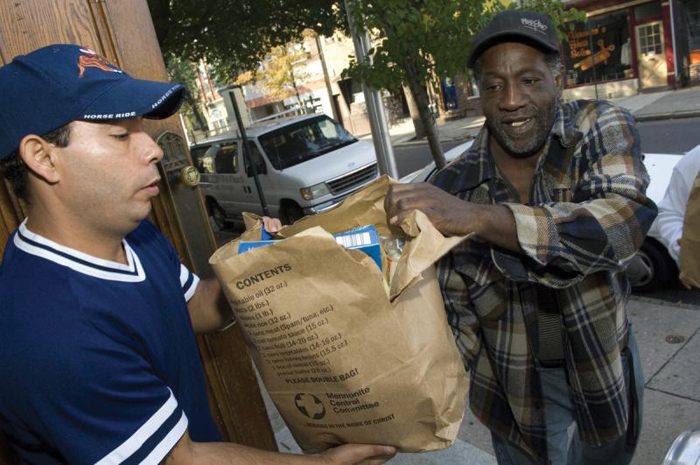Economic Inequality: Exploring our shared commitment to pursuing shalom
As a global communion of Anabaptist-related churches, we share a common commitment to pursuing shalom. In this pursuit, we believe in seeking justice and sharing our resources, be they material, financial or spiritual. Yet our tremendous diversity means that we carry out this commitment in very different ways.
Christian Equality – Utopia? (Arthur Dück, Brazil)
As was the case with the early church, early Anabaptist communities at large tried to diminish the economic inequalities within the church. The radical dimension of the “first love” could also be seen in the fact that the poor were cared for. The economical dimension was a means to an end – a tangible way of revealing Christ’s love.
Repairing the Breach (Harriet Sider Bicksler, USA)
Economic inequality is a significant challenge for the American church, and we have often responded well. Many Christians (and others) are personally very generous with their time and wealth, volunteering for and contributing to organizations that help needy people. Yet despite our best efforts, economic inequality continues.
A Mission Modeled on Christ (Bijoy K. Roul, India)
There is no easy answer for the question of why the majority of a society often suffers from economic inequality. We have only a few theories in response. Of course, the factors vary from place to place, time to time, society to society. A driving factor in one place and situation may not be the same in another.
An Open Hand, Not a Handout (José Arrais, Portugal)
Suddenly, Portugal’s economic foundations collapsed. The unemployment rate rose to 16 percent. (Recent figures put that number closer to 20 percent.) Emigration started again, mostly among the younger generations. The struggle to survive once again became a present reality. The Mennonite Brethren in Portugal started to see that reality in our own communities. We knew we had to respond in some way.
